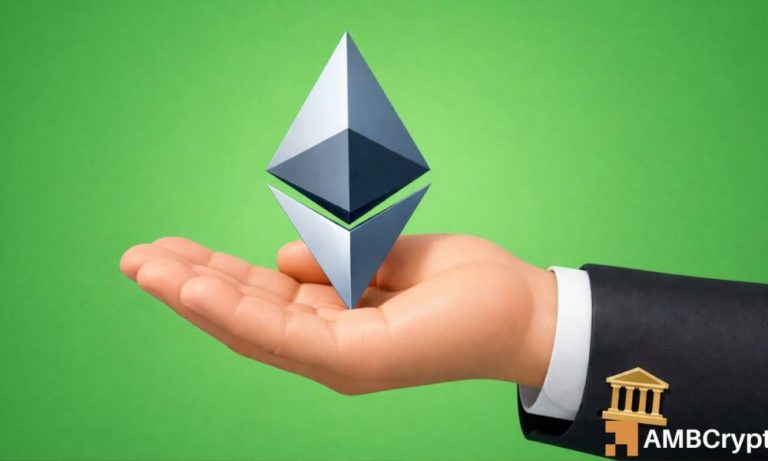
Gandhi: The Father of Non-Violent Resistance
Mahatma Gandhi, born in 1869, was pivotal in India’s struggle for independence from British rule. He promoted nonviolent civil disobedience, emphasizing peace and civil rights. His philosophy of “Satyagraha,” or truth force, inspired various civil rights movements worldwide. Under Gandhi’s leadership, millions participated in protests against oppressive laws, making it a cornerstone of his legacy.
Nelson Mandela: From Prisoner to President
Nelson Mandela became a symbol of the fight against apartheid in South Africa. Imprisoned for 27 years, he emerged in 1990 to lead the nation towards democracy. In 1994, he became South Africa’s first Black president, advocating for reconciliation between its divided communities. His efforts awarded him the Nobel Peace Prize in 1993, cementing his role in promoting equality and human rights globally.
Martin Luther King Jr.: The Voice of the Civil Rights Movement
Dr. Martin Luther King Jr. was a leader in the American civil rights movement during the 1950s and 60s. His strategy of nonviolent protest was deeply influenced by Gandhi’s teachings. King delivered inspiring speeches, such as the legendary “I Have a Dream,” advocating for racial equality and justice. His work not only transformed American society but also highlighted issues of racial discrimination worldwide.
Winston Churchill: War Leader and Visionary
Winston Churchill served as Prime Minister of the United Kingdom during World War II and was known for his steadfast leadership and stirring speeches. His strategy and alliance-building were crucial in uniting forces against the Axis powers. Churchill’s resilience, captured in phrases like “We shall fight on the beaches,” not only inspired the British public but also shaped the outcome of global conflicts.
Malala Yousafzai: Advocate for Girls’ Education
Malala Yousafzai is a contemporary global leader who rose to prominence as a dedicated advocate for girls’ education. At just 15, she survived an assassination attempt by the Taliban for speaking out against the ban on girls’ education in Pakistan. Since then, Malala has become a powerful voice advocating for equality in education and was awarded the Nobel Peace Prize in 2014, becoming the youngest laureate in history.






